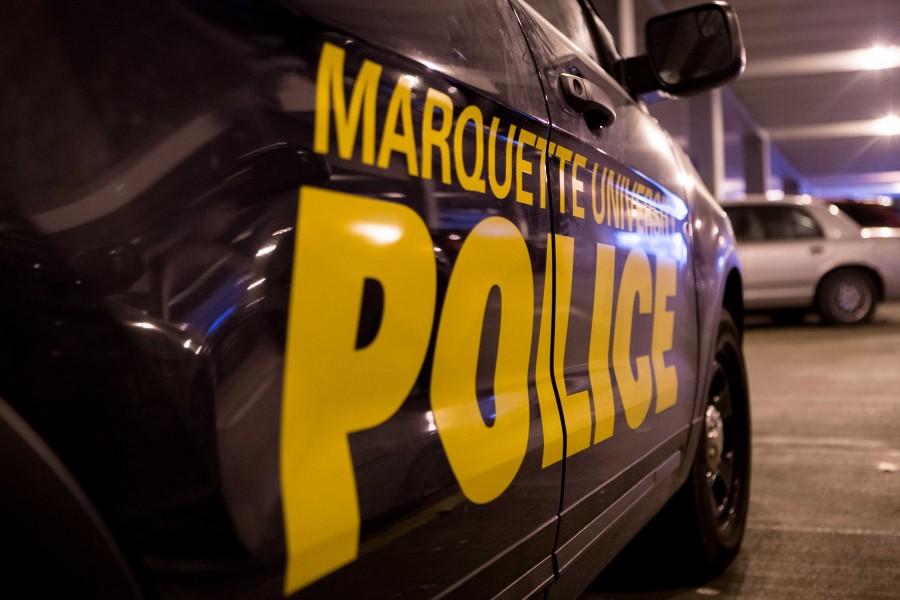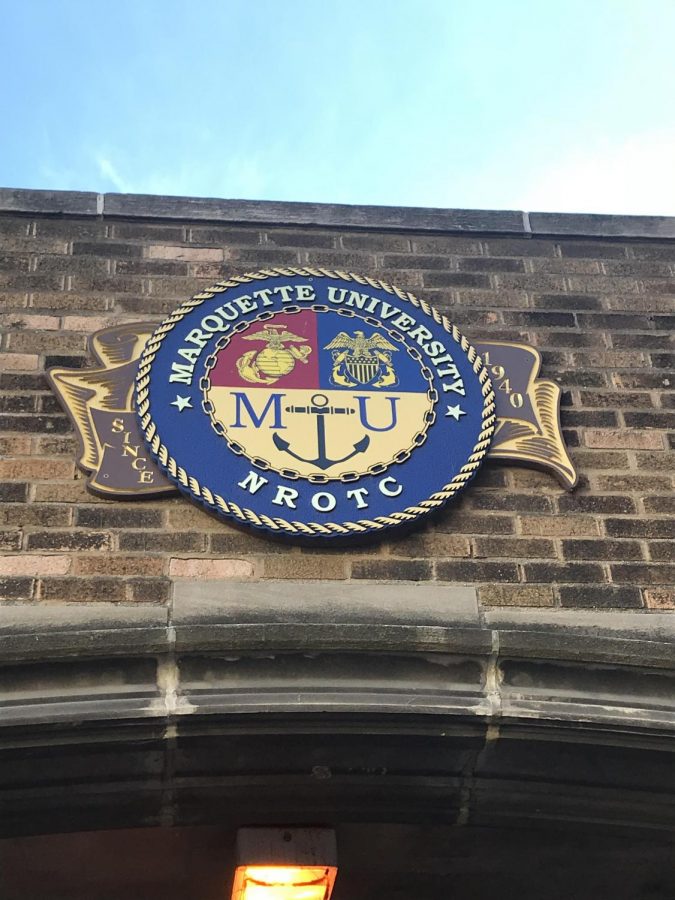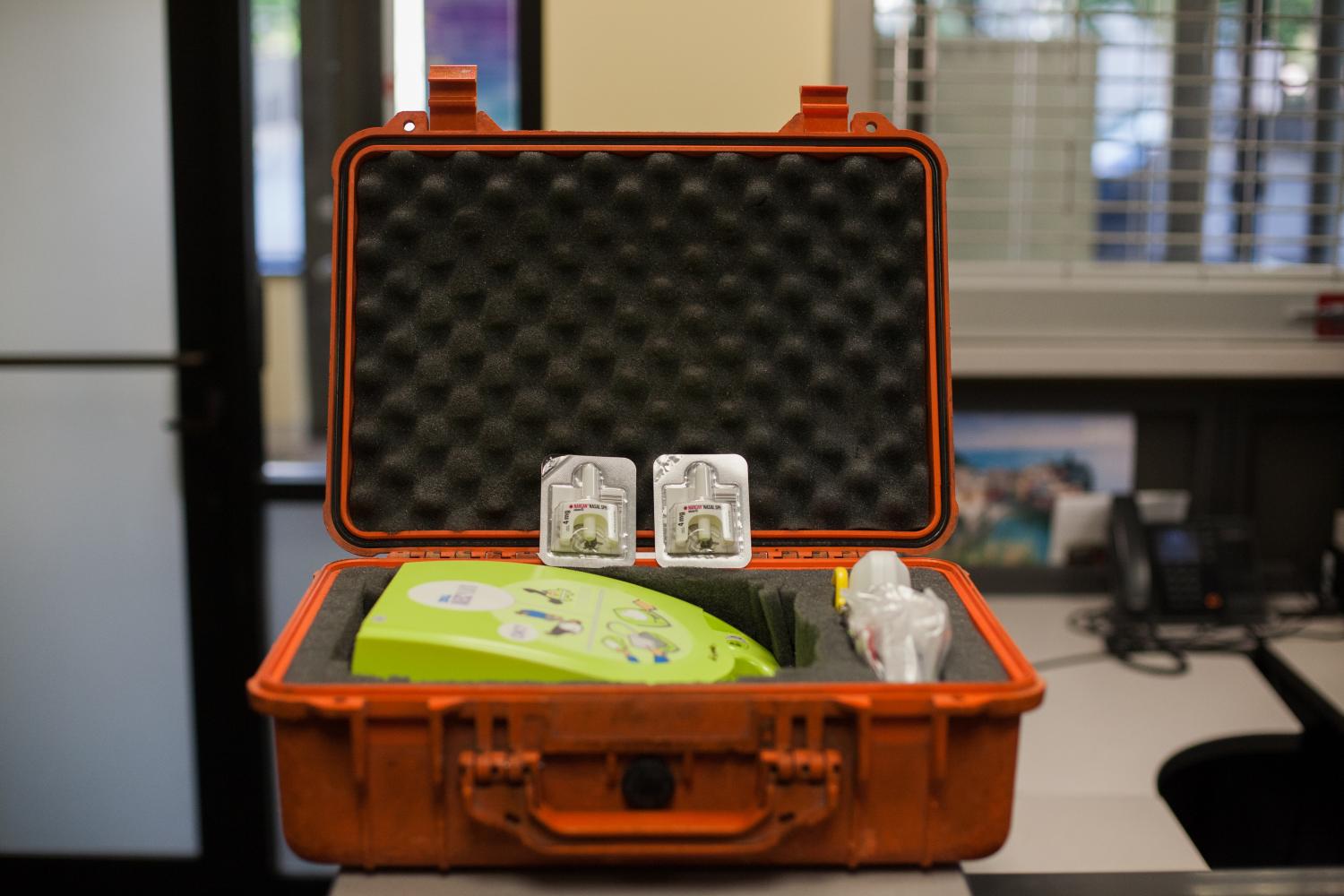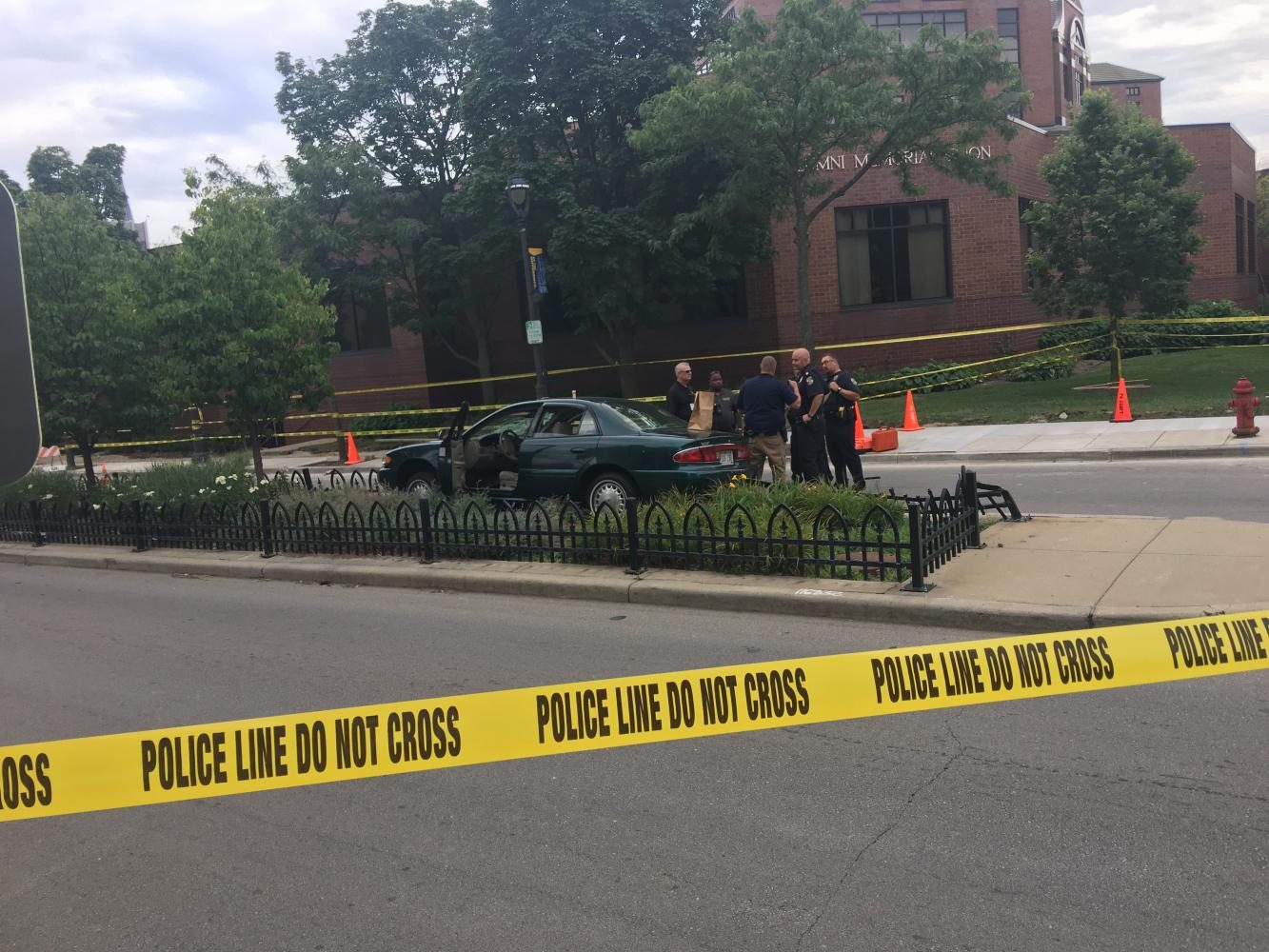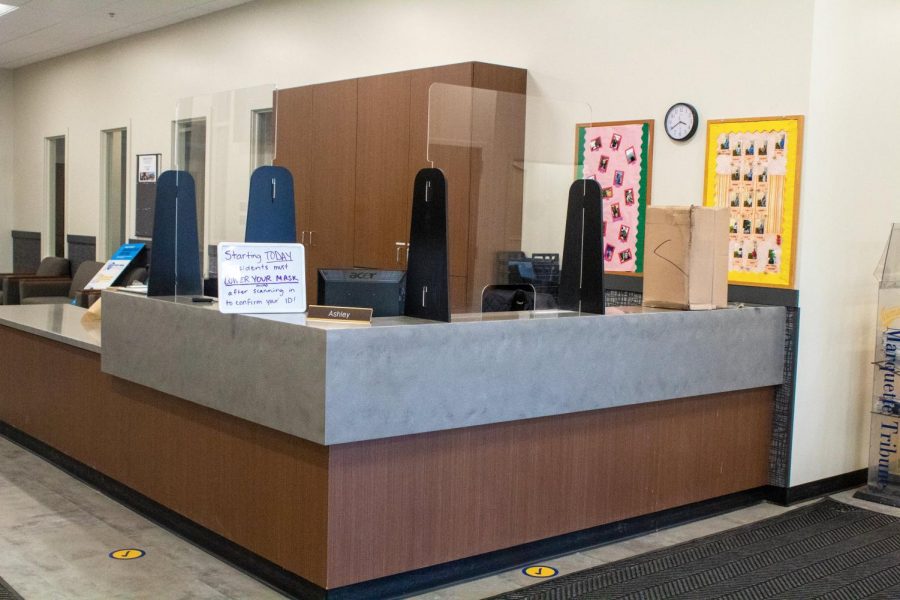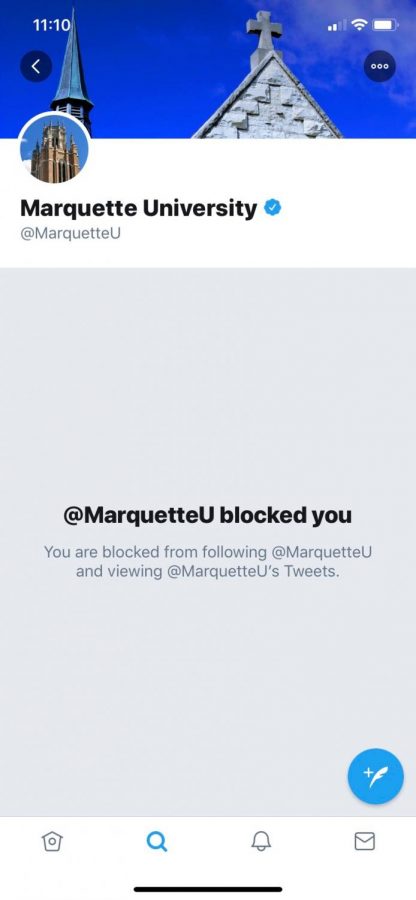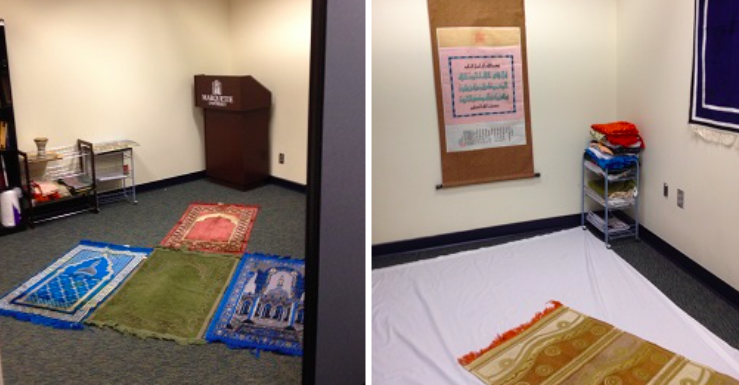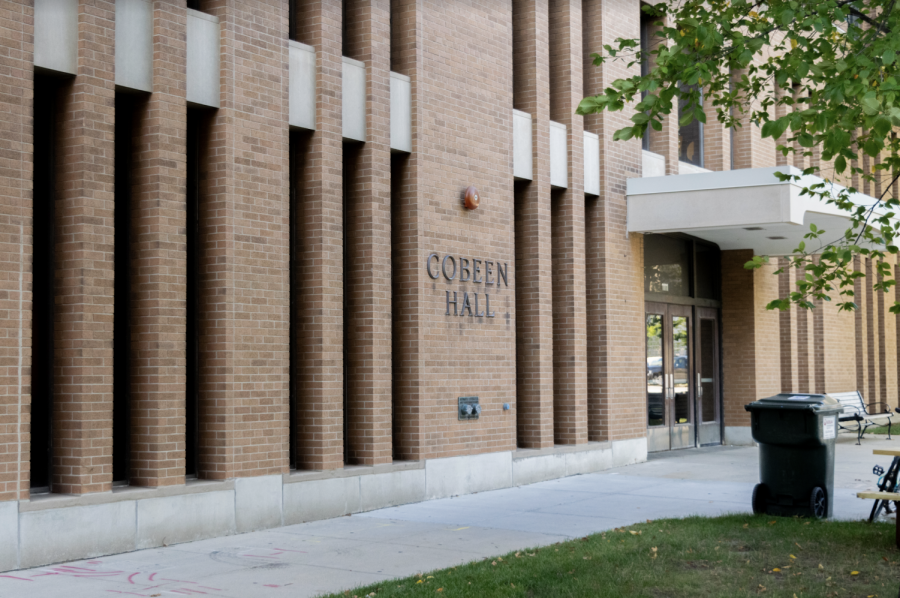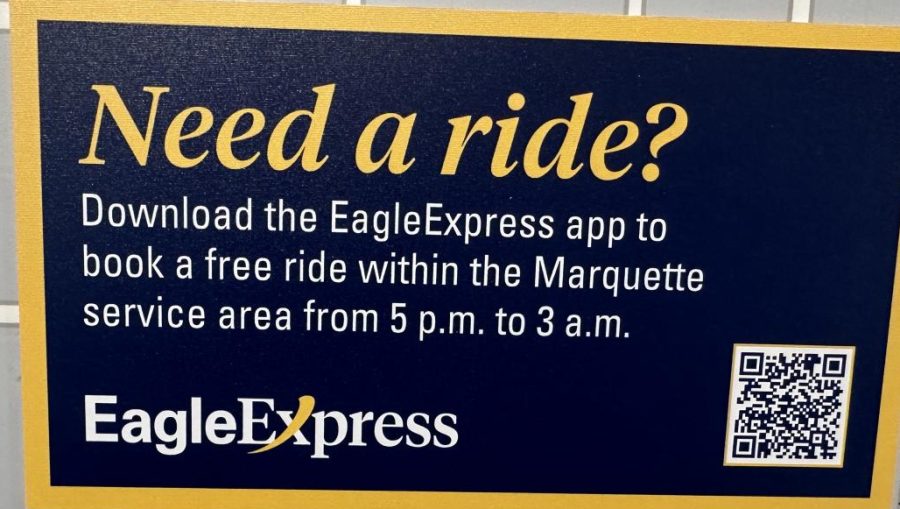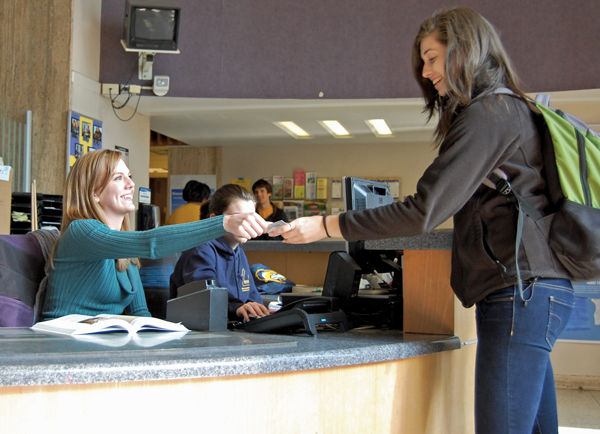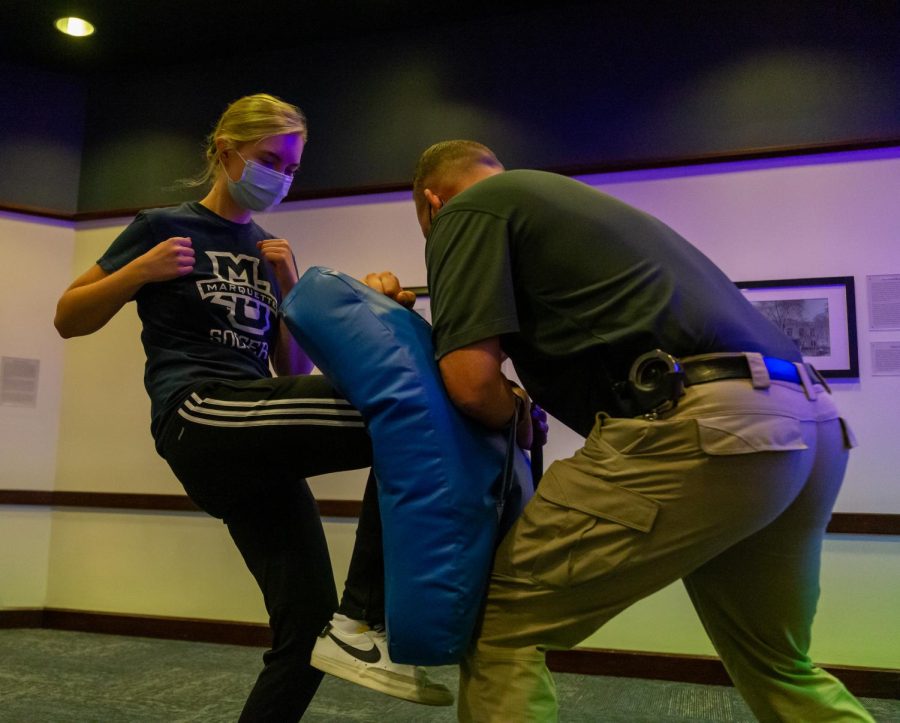Over winter break, a student reported being harassed to the Marquette University Police Department, but something was different about this claim: the harassment was online.
A student, whose name will not be released, reported being harassed online by a non-student. Exact details of what was said between the two individuals are also not being released.
MUPD Captain Jeff Kranz explained what the department can do in situations like these.
“Just like a person can’t harass you face-to-face, they can’t do it online either,” Kranz said. “We look at it the same way. You’re as protected online as you are face-to-face.”
Marquette’s harassment policy does not specifically mention online situations, but says, “Harassment, as defined by this policy, includes any action, language or visual representation,” which Kranz said apples to online activity as well.
MUPD serves as a resource for students affected by any kind of harassment, helping them take the next step. If a student is harassed by another student, it is usually handled by the Office of Student Development.
Kranz said MUPD has the authority to follow up with the person doing the harassing if the department knows their location. “Our department has the same power as the city of Milwaukee,” he said. “We can go off campus … if it’s something local.”
Shaun De Guzman, a senior in the College of Arts & Sciences, said he supports MUPD’s actions. “I believe it is a good thing (MUPD has the authority),” he said. “I mean, that’s why they became a police department.”
Kranz said criminal charges are a legal option in online harassment cases, but most students don’t take that route. “I can’t say we’ve had a lot of them, usually because they’re pretty personal and people are embarrassed to come in,” he said.
When asked if he thought online harassment cases are underreported, Kranz said he “suspect(s) that’s the case.”
For the case that occurred over winter break, the student did not want to take legal action, and MUPD officers visited the individual harassing the student.
Officers talked with the non-student harasser and told them if they did not stop, further action would be taken.
In the past, MUPD has made arrests related to online conduct, like when they responded to a threat made on the social media app Yik Yak. MUPD has not made any arrests from online harassment cases.
Mason McNicol, a freshman in the College of Communication, said he thinks students may underestimate how common harassment is.
“Harassment, either from a student or non-student, is frightening and I think a lot of people could utilize the authority of the MUPD when being harassed,” he said. “It happens more than people think.”
Kranz agreed. “People have the same level of fear,” he said. “In some ways online harassment is worse, because now it’s following you home.”

